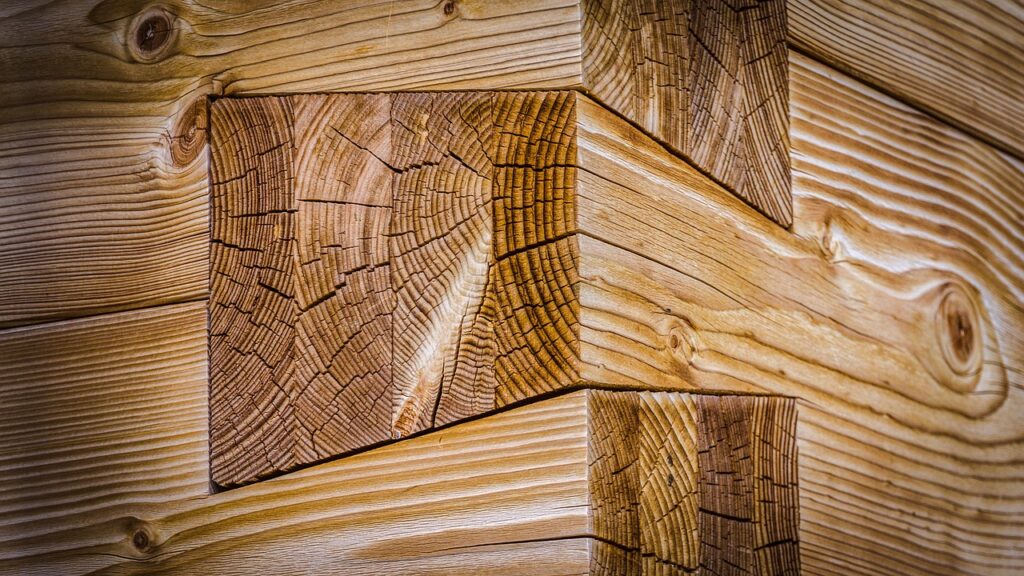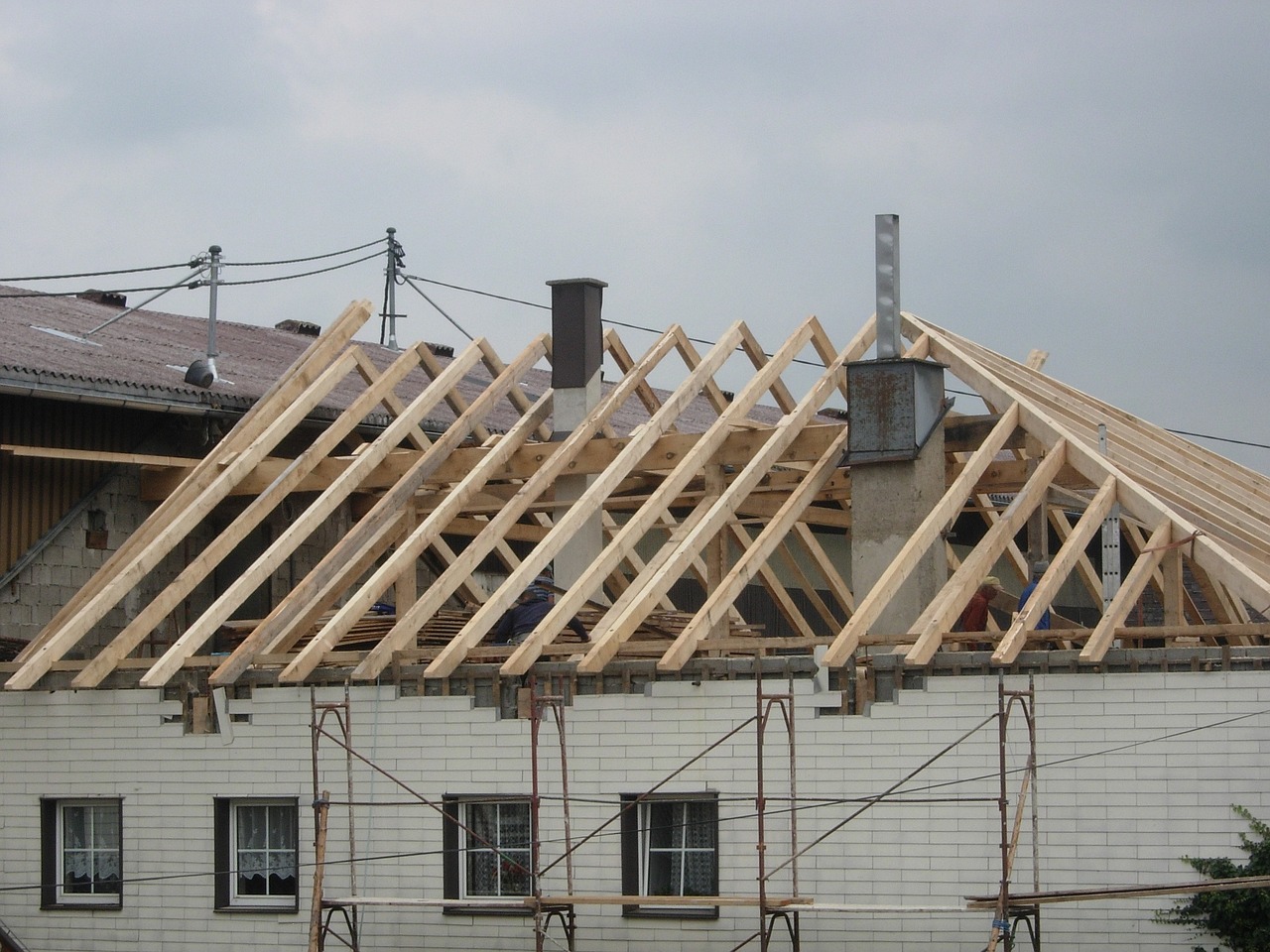1 Two fixing methods
Carpentry is mainly a method of fixing wood together using nails and screws. Joints are also used . Joinery is a method of fixing wood together using joints.
2 Two types of finish
In carpentry you sometimes use joints but the wood is sawn rather than planed. With finer work, joinery wood will be planed after it is sawn.
3 Two types of fixing
First fixing is what you can’t see whereas second fixing is what you can see. Stud work or roof construction is hidden so it is described as first fixing whereas architraves and skirtings are visible on the finished job. This is known as second fixing.
4 Two types of wood
Soft wood is wood from trees that do not shed leaves in winter and is called coniferous wood Hard wood is wood from trees that loses its leaves in winter and is known as deciduous wood
5 Two types of impressions on wood
Grain is the fibre of the wood and usually (but not always ) goes in one direction. Knots are round impression on the wood and represent where a branch has been cut through.
6 Two types of liquid in wood
Sap is like the blood of wood and is responsible for nutrient transfer whereas water is the liquid of all living things. Water causes wood to swell.
7 Two things to remember when marking out,
Measure twice cut once and use a square

7 Two things to remember when sawing wood
Follow the line but cut to the waste side of the line, to ensure a good fit
8 Two further things to remember about hand tools
Keep your tools sharp and let the tool do the work. Use the full length of the saw as the two ends remain sharper than the middle.
Peter Bull ( Author of the book GET INTOUCH WITH YOUR STARTUP BUILDING BUSINESS)

